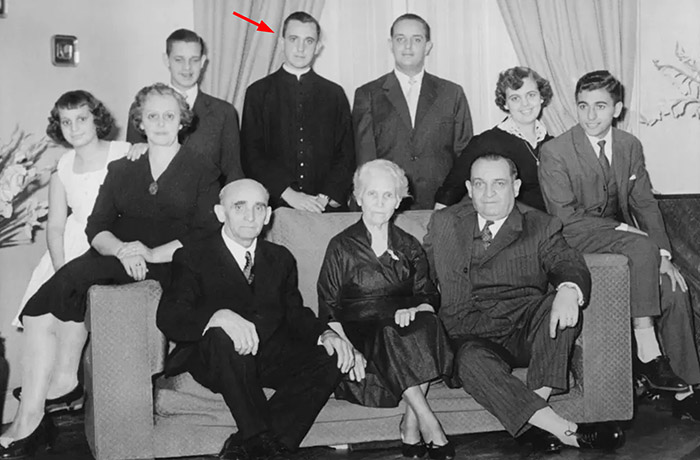Interfaith Dialogue and Global Diplomacy
Francis reinvigorated interreligious dialogue, particularly with Islam and Judaism. In 2019, he signed the historic Document on Human Fraternity with the Grand Imam of Al-Azhar, promoting peace, coexistence, and mutual respect among the world’s religions. He became the first pope to visit the Arabian Peninsula and Iraq, where he met with Grand Ayatollah Ali al-Sistani in a gesture of Shiite-Catholic understanding.
He also played a pivotal role in international diplomacy. He facilitated the 2014 restoration of diplomatic relations between the United States and Cuba. He sought engagement with China through a controversial deal allowing Beijing a say in the appointment of bishops. Despite criticism, Francis viewed the agreement as a step toward a more unified global Church.
Francis consistently championed the rights of migrants and refugees. He called the protection of migrants a “duty of civilization” and condemned xenophobic nationalism, particularly under figures like U.S. President Donald Trump. His visits to refugee camps and advocacy for humane asylum policies showcased his moral leadership on one of the most pressing humanitarian crises of the century.
Sex Abuse Crisis and Institutional Accountability
Francis’s record on the Church’s sexual abuse crisis was mixed and evolved over time. Initially criticized for missteps in handling abuse cases in Chile, he later took decisive actions. He accepted resignations from bishops who failed to protect victims and convened global summits on abuse prevention.
He created mechanisms for holding bishops accountable and issued new canonical procedures for reporting abuse and cover-ups. His 2019 Vos Estis Lux Mundi decree was a major reform, mandating the reporting of abuse to Church authorities and making it a universal norm.

